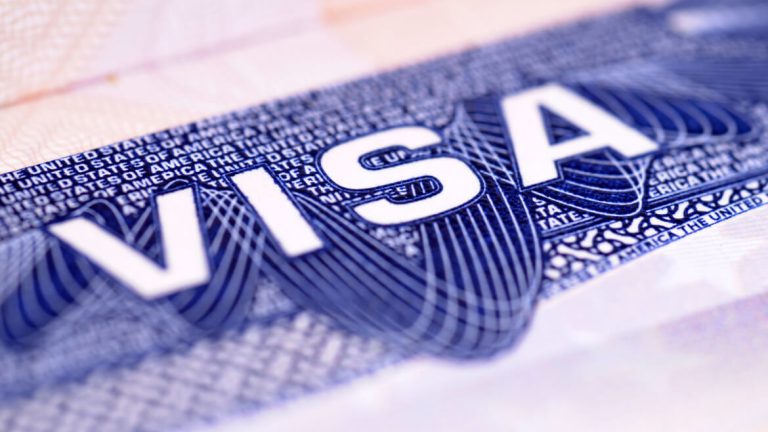The landscape of international education is evolving rapidly, and study visas are at the forefront of this transformation. As globalization accelerates and technology reshapes the way we learn, the future of study visas holds immense promise. In this comprehensive guide, we explore the trends and innovations that are shaping the future of study visas and revolutionizing the way students embark on global academic journeys.
Table of Contents
Pioneering a New Era of Global Education
The traditional concept of education has transcended borders, and study visas are paving the way for a new era of global learning. This guide delves into the exciting trends and innovations that are redefining international education and unlocking opportunities for students worldwide.
The Future of Study Visas: Trends and Innovations
Virtual Learning Experiences
Advancements in virtual reality (VR) and augmented reality (AR) are enabling students to immerse themselves in virtual campuses, attend lectures, and collaborate with peers from across the globe, all from the comfort of their homes.
AI-Powered Application Processes
Artificial intelligence (AI) is streamlining the study visa application process. Chatbots and AI algorithms assist students in selecting suitable courses, institutions, and even guide them through visa requirements.
Blockchain Credential Verification
Blockchain technology is revolutionizing credential verification. Students can securely store and share their academic records, eliminating the need for extensive paperwork and reducing verification delays.
Personalized Learning Pathways
Adaptive learning platforms use data analytics to tailor educational content to each student’s learning style, pace, and preferences, ensuring a more engaging and effective learning experience.
Global Collaborative Projects
Students from different corners of the world can collaborate on virtual projects, solving real-world challenges and gaining insights from diverse perspectives.
Cultural Immersion through VR
Virtual reality allows students to experience cultural immersion by virtually exploring their host countries, enhancing cross-cultural understanding and empathy.
Cross-Border Internships
Innovative study visa programs offer cross-border internship opportunities, allowing students to gain practical experience in their field of study while exploring new cultures.
Green and Sustainable Education
Environmental sustainability is becoming a core focus of international education. Study visa holders contribute to global sustainability efforts and learn about eco-friendly practices.
Remote Examination Centers
To address challenges posed by time zones and travel restrictions, remote examination centers are being established, ensuring fair assessments for study visa holders.
Language Learning Platforms
Advanced language learning apps use AI to personalize language instruction, helping students acquire proficiency in the local language of their host country.
Embracing the Evolution of Education
The future of study visas is marked by innovation, accessibility, and boundless opportunities. As technological advancements continue to shape international education, students have a world of possibilities at their fingertips. By staying attuned to the trends and embracing innovative study visa programs, students can embark on transformative academic journeys that prepare them for success in an interconnected world.
FAQs
Ques 1. Will virtual learning replace traditional classrooms?
Ans 1. While virtual learning is becoming more prominent, traditional classrooms and in-person interactions remain valuable aspects of education.
Ques 2. How does blockchain enhance credential verification?
Ans 2. Blockchain ensures tamper-proof, instantly verifiable credentials, simplifying the verification process for academic records.
Ques 3. Are virtual reality campus tours accurate representations?
Ans 3. Yes, virtual reality campus tours provide accurate and immersive representations of campuses, helping students make informed decisions.
Ques 4. How can AI algorithms assist with study visa applications?
Ans 4. AI algorithms analyze student profiles and preferences to recommend suitable courses, institutions, and visa requirements.







Leave feedback about this